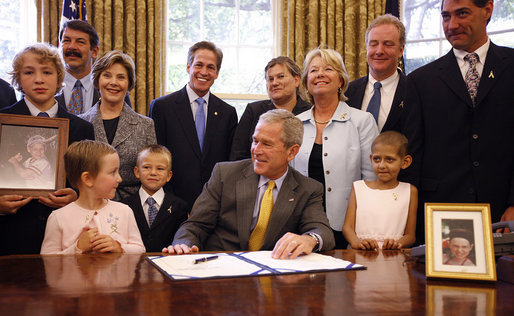The Most Tasteless PR Campaign Ever
PEOPLE for the Ethical Treatment of Animals has finally and unequivocally come off the rails. Attempting to convince us to become vegetarians, the anti-human advocacy group has mounted a new public relations campaign asserting that the eating of meat is the equivalent of the torture and slaughter of Jews by the Nazis.This odious message isn’t insinuated subtly between the lines. Read More ›


